Tesla’s next level Autopilot arrives in NZ
New Teslas such as the Model 3 (above) will be able to stop at a traffic light. Photo: Supplied
Tesla is offering Kiwi customers the option of having their new car autonomously recognise and stop at traffic lights as a new addition to its Autopilot feature.
Called Full Self-Driving Capability, the option costs $9,600 and available in new Model 3, X and S cars you order.
The Full Self-Driving Capability enables your car to steer, accelerate and brake automatically for other vehicles and pedestrians within its lane.
Full Self-Driving Capability allows you, when in autopilot mode, to drive on and off motorway ramps, overtake slower cars, change lanes on the motorway, and autopark in both parallel and perpendicular spaces.
You can also use ‘summon’ mode to move your car from a park using your cellphone.
But Tesla says it will introduce a function in Full Self-Driving Capability where the car will recognise and respond to traffic lights and stop signs, plus automatic drive on city streets.
Tesla says on its website: “The activation and use of these features are dependent on achieving reliability far in excess of human drivers as demonstrated by billions of kilometers of experience, as well as regulatory approval, which may take longer in some jurisdictions. As these self-driving features evolve, your car will be continuously upgraded through over-the-air software updates.”
The system uses forward-facing cameras, GPS, and map data to detect traffic lights and stop signs. As the car approaches an intersection with Autopilot engaged, the driver is notified of an upcoming traffic light, and regardless of whether the light is green, orange, or red, the car will slow down to a complete stop, says Motor Trend.
The feature can only determine where and when to stop, but still depends on the driver for all other decisions.
The only way a Tesla might run a red light is by driver error, with Autopilot disengaged, or if the car doesn't know it's entering an intersection in the first place, suggests Motor Trend.
But as Tesla says (and other brands such as BMW, Mercedes-Benz and Audi), the use of driver aids are fully the driver's responsibility.

